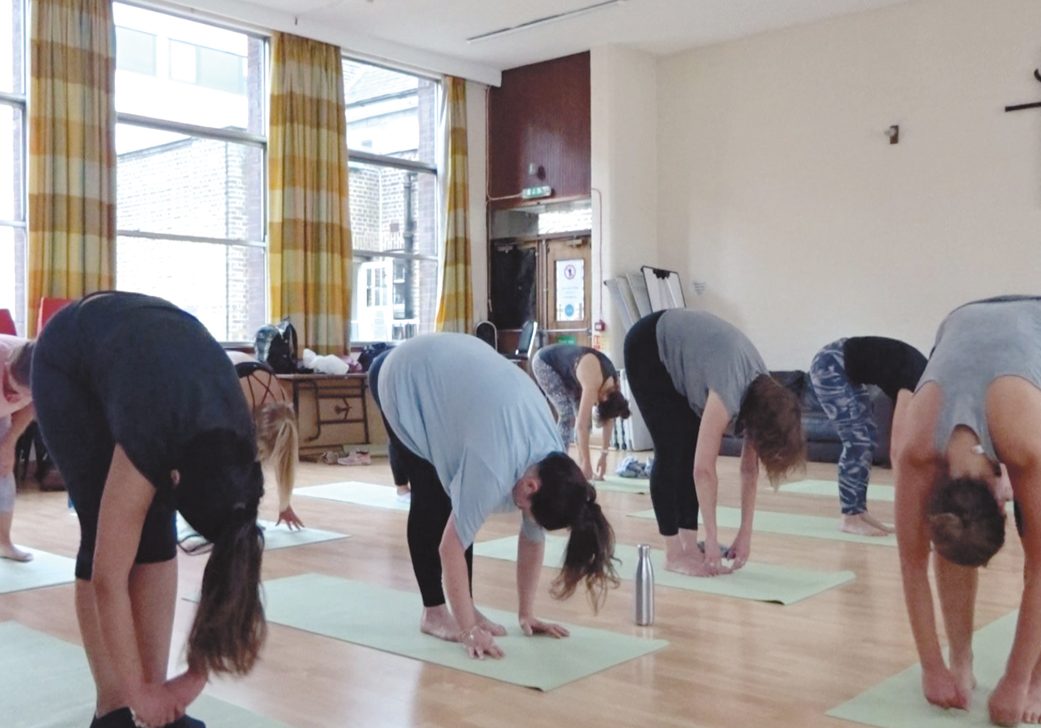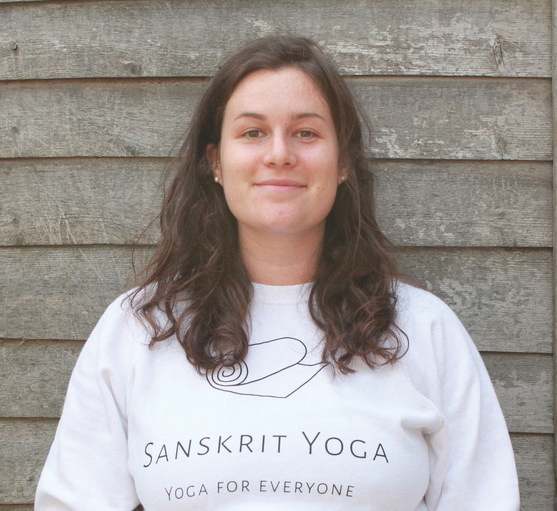
Power to the people
How one enterprising yoga teacher is making her London classes more affordable
We’ve all raised an eyebrow at the prices of drop-in classes at some of London’s high-end studios. There are now places where you won’t get much change out of a twenty-pound note for a single one-hour (or, let’s be honest, 50 minutes) class.
While high prices might be good for business, it comes at a cost: students on a budget miss out. One enterprising yoga teacher is doing something about it, launching central London classes targeting that exact same demographic.
“Being on a low salary, I can’t afford to pay £15 a class to practice regularly. This average class price makes yoga in London very exclusive,” says Shelley de Jong (pictured below).
So, she launched Sanskrit Yoga, a collection of pop-up yoga classes run from unused, low-cost community spaces. With £7 drop-ins (or less if you book online), the aim is to provide affordable yoga to a wider range of income brackets.
She tells OM the goal is also to dismantle the ‘exclusive’ image growing around yoga both in the capital and beyond, providing a friendly environment that fosters community spirit.
“Yoga in London is exclusive in another way too. Studios are often very boutique and seem to cater to London’s elite. Practicing in artificially zen environments surrounded by crop-top-and-leggings-clad white middle-class women with washboard abs…I’ve never felt like I look like the right ‘type’ of person to be doing yoga; I often felt inadequate. This also put me off attending yoga classes in London.”
A fair wage
The first round of pop-up classes took place during the summer, near Euston, with the next round scheduled to start this month (for six-weeks in the Old Street area).
The response has been positive, welcoming all into class, though there are other considerations too. With most yoga teachers struggling to make a living themselves, especially in a place like London, it calls for compromise. It means each teacher has to balance out the number of budget sessions with full-price classes.
“A freelance yoga teacher can only do a certain number of classes a week until they risk causing damage to their bodies. They therefore charge higher prices for the few hours they work to earn enough money to live on,” says de Jong.
“If I just opened up studios and charged lower prices, I would simply drive down the market price of yoga. I would push several yoga teachers out of the market, preventing them from doing something I believe to be so important.”
Community spirit
While it’s a balancing act offering cheaper classes to students who can’t otherwise afford yoga with the needs of teachers trying to earn a living, it’s been great for boosting overall community spirit.
“There is something humbling about practicing in a huge old hall with stacks of children’s books at one end, and a food bank bin at the other - it’s this community spirit I really value.”
Find out more at: sanskrit-yoga.co.uk


